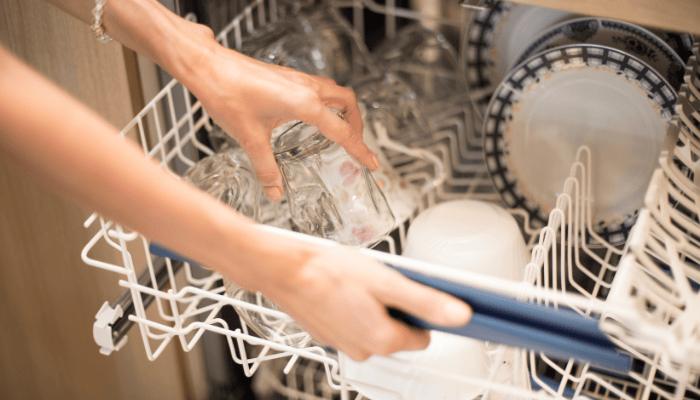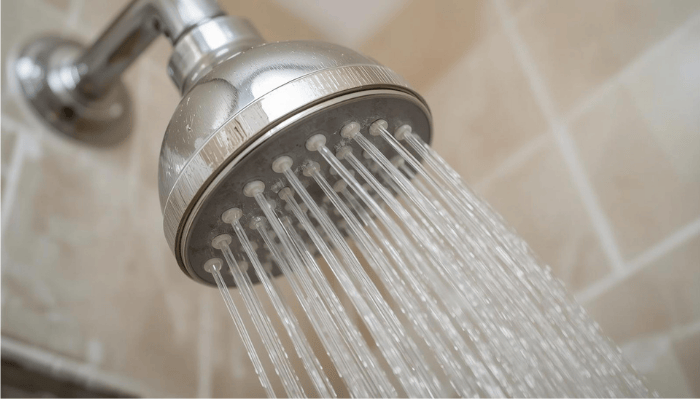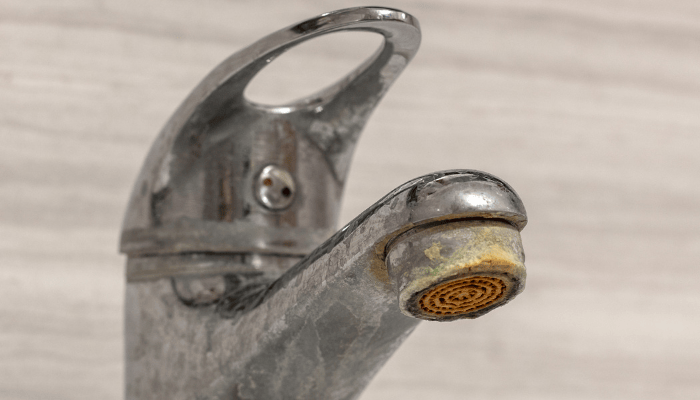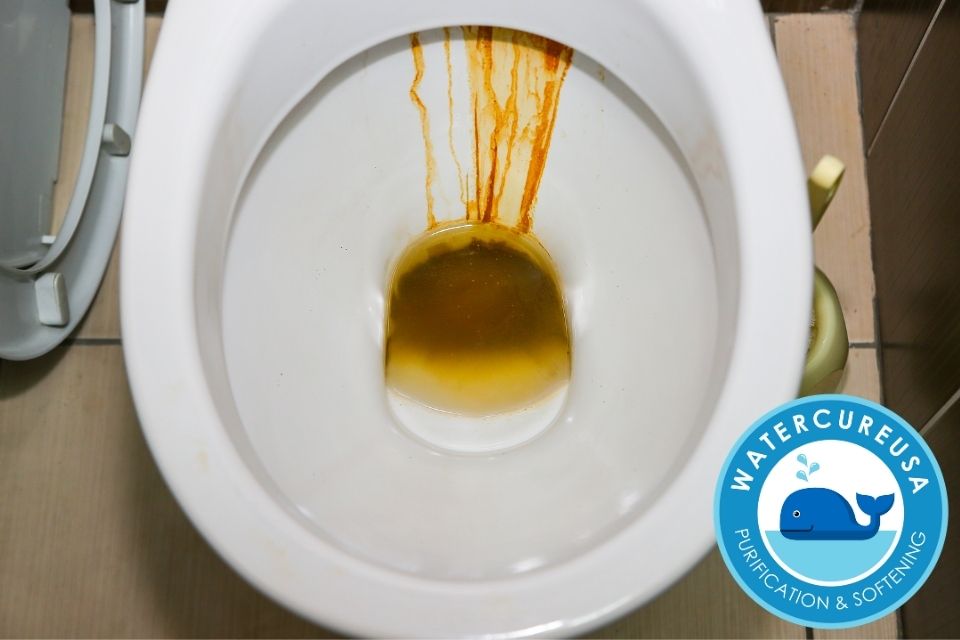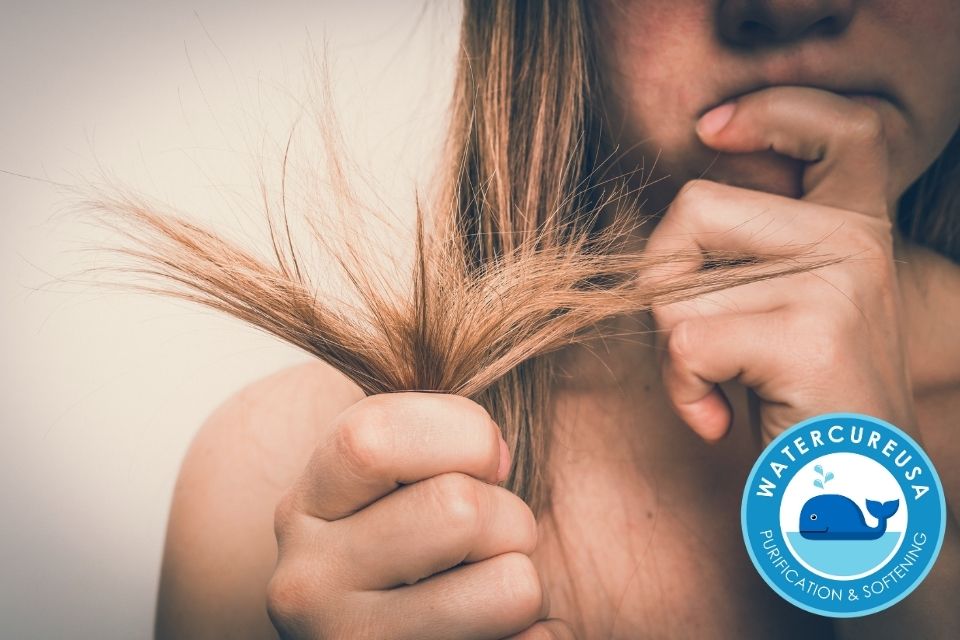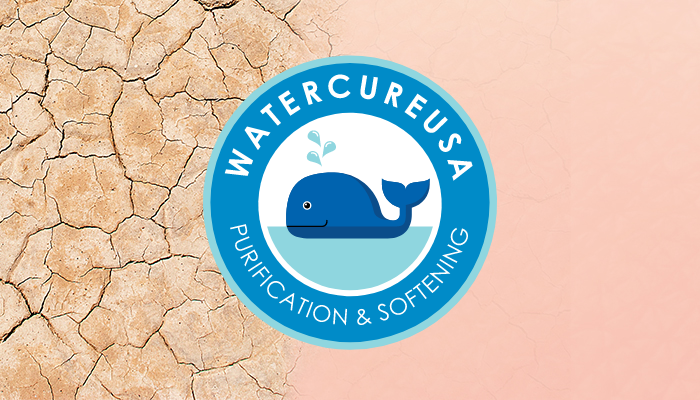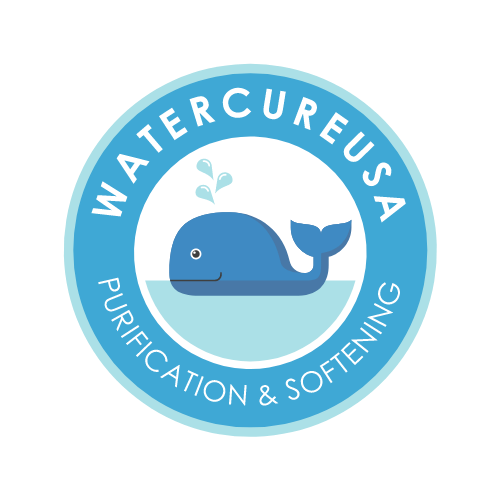If you’ve noticed your dishes coming out cloudy or your laundry not feeling as clean as it used to, the problem might not be your detergent — it could be hard water.
Across Western New York, homes in areas like Buffalo, Hamburg, Jamestown, and Warsaw often deal with water that’s full of calcium and magnesium minerals. Over time, these minerals can wreak havoc on appliances like your dishwasher and washing machine, causing hidden damage and higher energy costs.
Here’s how to tell if hard water is hurting your appliances — and what you can do about it.
5 Signs Hard Water Is Wrecking Your Dishwasher or Washing Machine
1. Cloudy Glassware or White Film After Every Cycle
When your glasses look cloudy no matter how many rinse cycles you run, that’s a sign of mineral residue left behind by hard water.
Those chalky spots are actually deposits of calcium and magnesium that cling to surfaces. In your dishwasher, they can also coat the spray arms and heating elements, making it harder for your machine to clean effectively.
Quick fix: Run a cycle with white vinegar to remove buildup — but if it keeps coming back, your water is likely too hard for regular detergents to handle.
2. Soap or Detergent That Doesn’t Lather Well
If your dish or laundry detergent isn’t producing much foam, hard water minerals may be binding with the soap, preventing it from working properly.
That means your clothes and dishes aren’t getting fully clean, even when you use the same amount of product.
Why it matters: You’ll end up using more detergent, more water, and longer cycles — which increases wear on your machines and raises your utility bills.
3. Faded, Stiff, or Rough Laundry
Washing clothes in hard water can make fabrics feel stiff or scratchy. The minerals can also dull bright colors and cause white clothing to appear gray over time.
Inside your washing machine, these same minerals build up on the drum and internal hoses, reducing water flow and efficiency.
Pro tip: If you notice a chalky ring or scale inside the washer tub, it’s time to get your water hardness tested.
4. Strange Odors or Slow Drainage in Your Dishwasher
Mineral buildup doesn’t just affect your dishes — it can also trap food particles and soap residue, creating the perfect environment for unpleasant smells and bacterial growth.
In some cases, you might even see standing water in the bottom of your dishwasher after a cycle. That’s often caused by a partially clogged drain line from hard water deposits.
5. Appliances That Don’t Last as Long as They Should
Dishwashers and washing machines are big investments — and hard water can cut their lifespan by several years.
When mineral scale coats heating elements, hoses, and valves, it forces your appliances to work harder to heat and move water. That added strain increases energy use and shortens the life of the equipment.
Warning sign: If your water-using appliances are breaking down or needing service more frequently, hard water could be the hidden culprit.
How to Protect Your Appliances from Hard Water Damage
The best way to stop hard water from damaging your dishwasher and washing machine is to treat the water at its source.
A whole-home water softener removes hardness minerals before they reach your appliances, plumbing, or fixtures. The result? Cleaner dishes, softer laundry, and systems that run more efficiently and last longer.
At Watercure USA, we start with a free in-home water test to measure your hardness levels. From there, our specialists design a custom softening or filtration system tailored to your home’s water conditions.
Schedule Your Free Water Test Today
Don’t let hard water shorten the life of your appliances or raise your energy bills.
Call 716-946-3598 or contact us online to schedule your free water test and discover the difference clean, soft water can make in your Western New York home.
